Professor Fanlong Meng earned his bachelor's degree in physics from the University of Science and Technology of China in 2010. He then completed his M.Sc. and Ph.D. at the Chinese Academy of Sciences in 2015, specializing in theoretical physics. Following his doctoral studies, Professor Meng held postdoctoral positions at several prestigious institutions. He conducted research at the University of Cambridge and the University of Oxford, deepening his expertise in soft and biological physics. He later joined the Max Planck Institute for Dynamics and Self-Organization as a Humboldt Fellow, where he investigated self-organizing systems. In 2019, he returned to the Chinese Academy of Sciences as an associate professor and was promoted to full professor in 2023.
Professor Fanlong Meng's research has far-reaching implications across physics, materials science, and bioengineering. His studies on magnetic gels and active fluids help decode how microscopic interactions lead to macroscopic behaviors. This is crucial for designing smart materials that respond to external stimuli such as magnetic fields or mechanical stress. Meng's models of ciliary motion and multiflagellate swimming offer insights into how microorganisms move and interact. These findings could inform medical research, especially in areas of respiratory health and fertility, where cilia play a vital role. By revealing how hydrodynamic forces can be harnessed to control particle motion, Meng's research supports the development of microfluidic devices for diagnostics, drug delivery, and lab-on-a-chip systems. In addition, Meng's discovery of Bose-Einstein-like condensation in magnetic microswimmers bridges classical and quantum physics, offering a new lens to study collective behavior in active matter. Professor Fanlong Meng's research thus lays a powerful foundation for future studies across multiple scientific domains from fluid dynamics to bio-inspired applications.
- Donate
- ABOUT AAPPS
- ANNOUNCEMENT
-
ACTIVITIES
ACTIVITIES
-
APPC
-
C. N. Yang Award
-
AAPPS Bulletin
-
APPC
-
DIVISIONS
DIVISIONS
-
Divisions
-
Working Groups
-


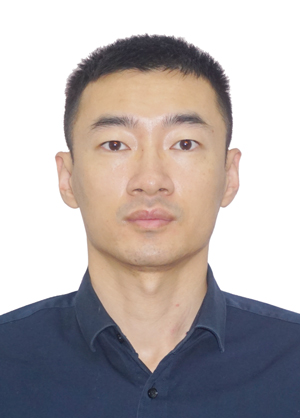 Fanlong Meng
Fanlong Meng
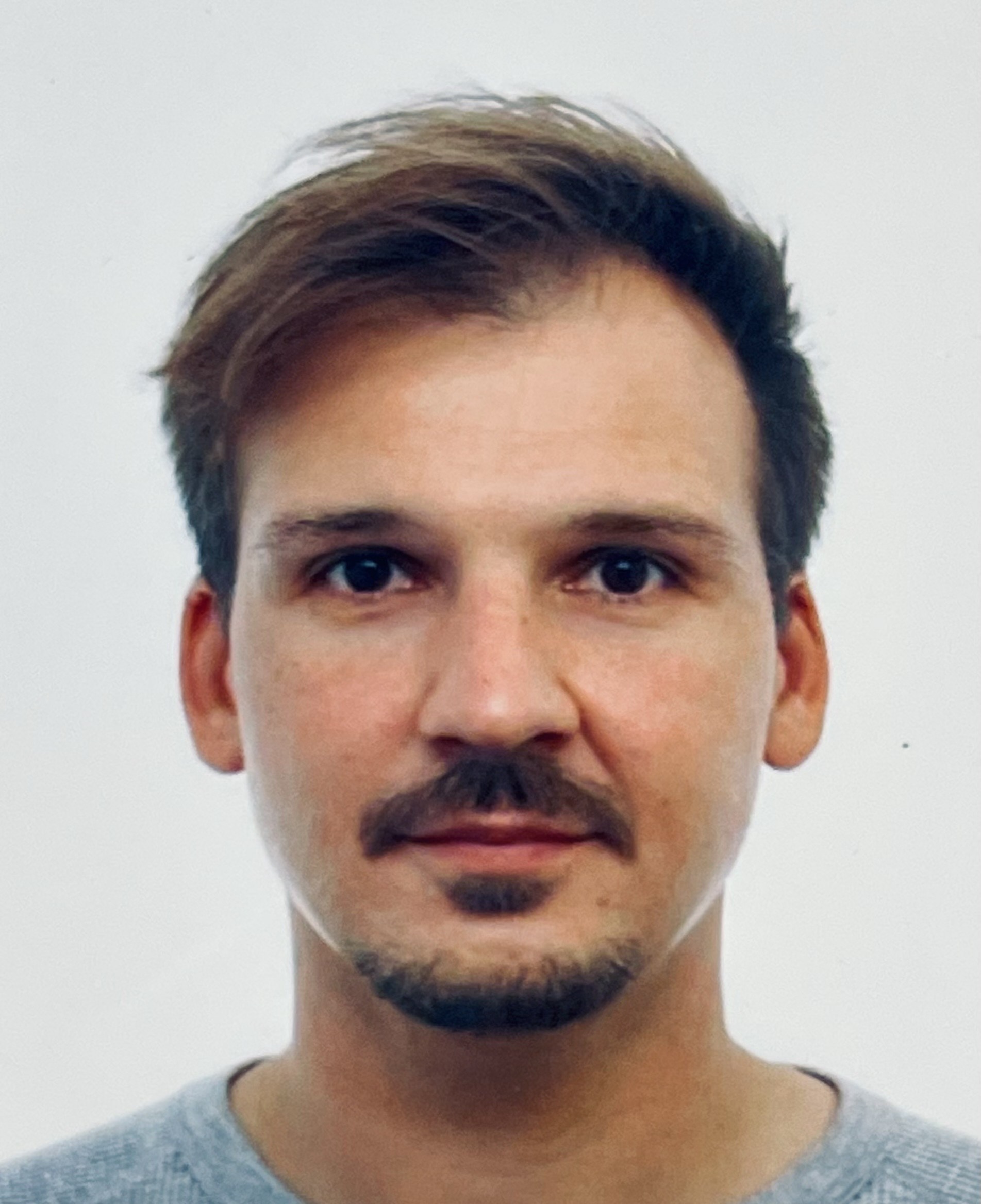 Anatoli Fedynitch
Anatoli Fedynitch
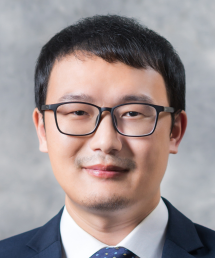 Junzhang Ma
Junzhang Ma
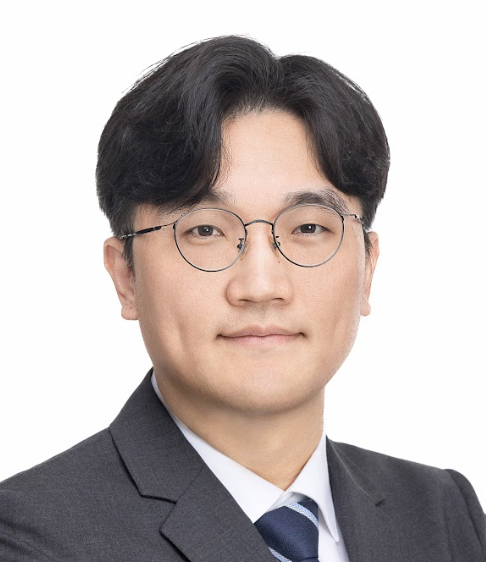 Gil-Ho LEE
Gil-Ho LEE
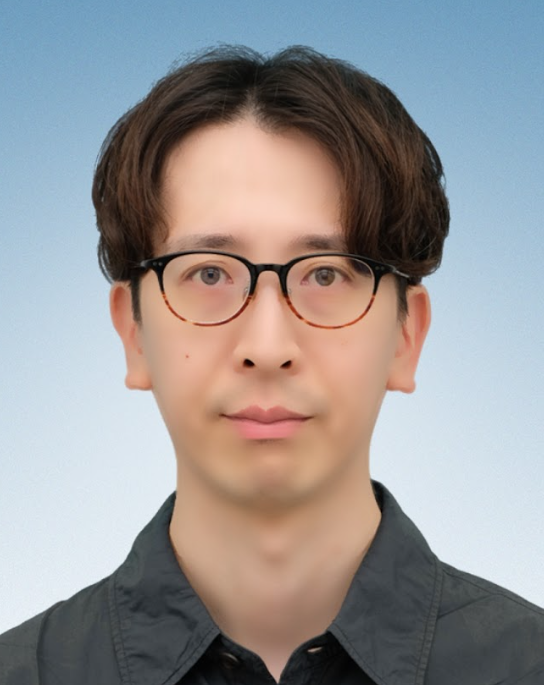 Kyohei MUKAIDA
Kyohei MUKAIDA
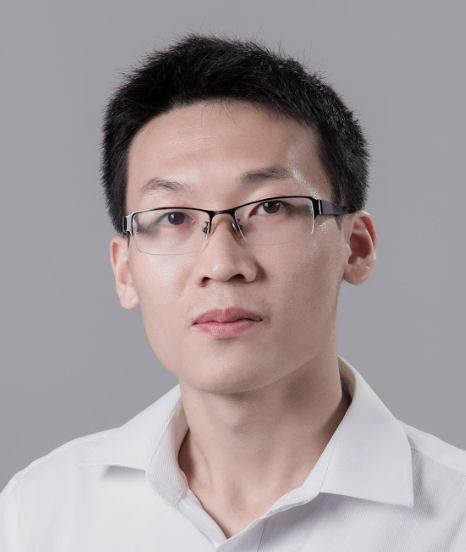 Yong-Chun LIU
Yong-Chun LIU
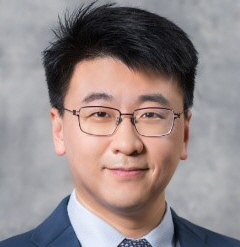 Danfeng LI
Danfeng LI
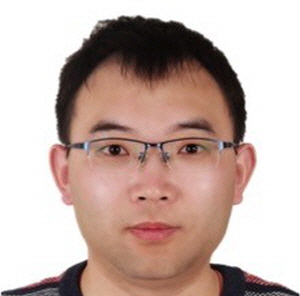 Li LI
Li LI
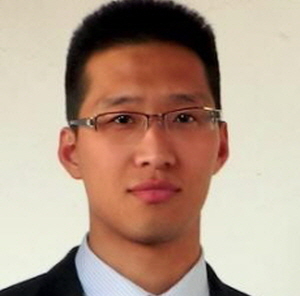 Liyong ZHANG
Liyong ZHANG
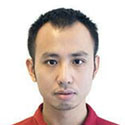 Guancong MA
Guancong MA
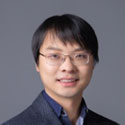 Jianwei WANG
Jianwei WANG
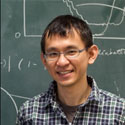 Meng-Ru WU
Meng-Ru WU
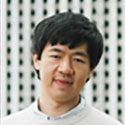 Chen FANG
Chen FANG
 Masashi OTANI
Masashi OTANI
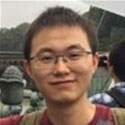 Yangping SHEN
Yangping SHEN
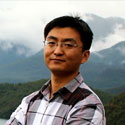 Jinsong ZHANG
Jinsong ZHANG
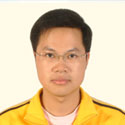 Zhiqing LIU
Zhiqing LIU
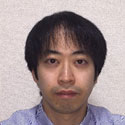 Nobuyuki KOBAYASHI
Nobuyuki KOBAYASHI
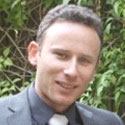 Igor AHARONOVICH
Igor AHARONOVICH
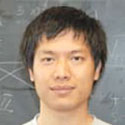 Xiong-Jun LIU
Xiong-Jun LIU
 Song HE
Song HE